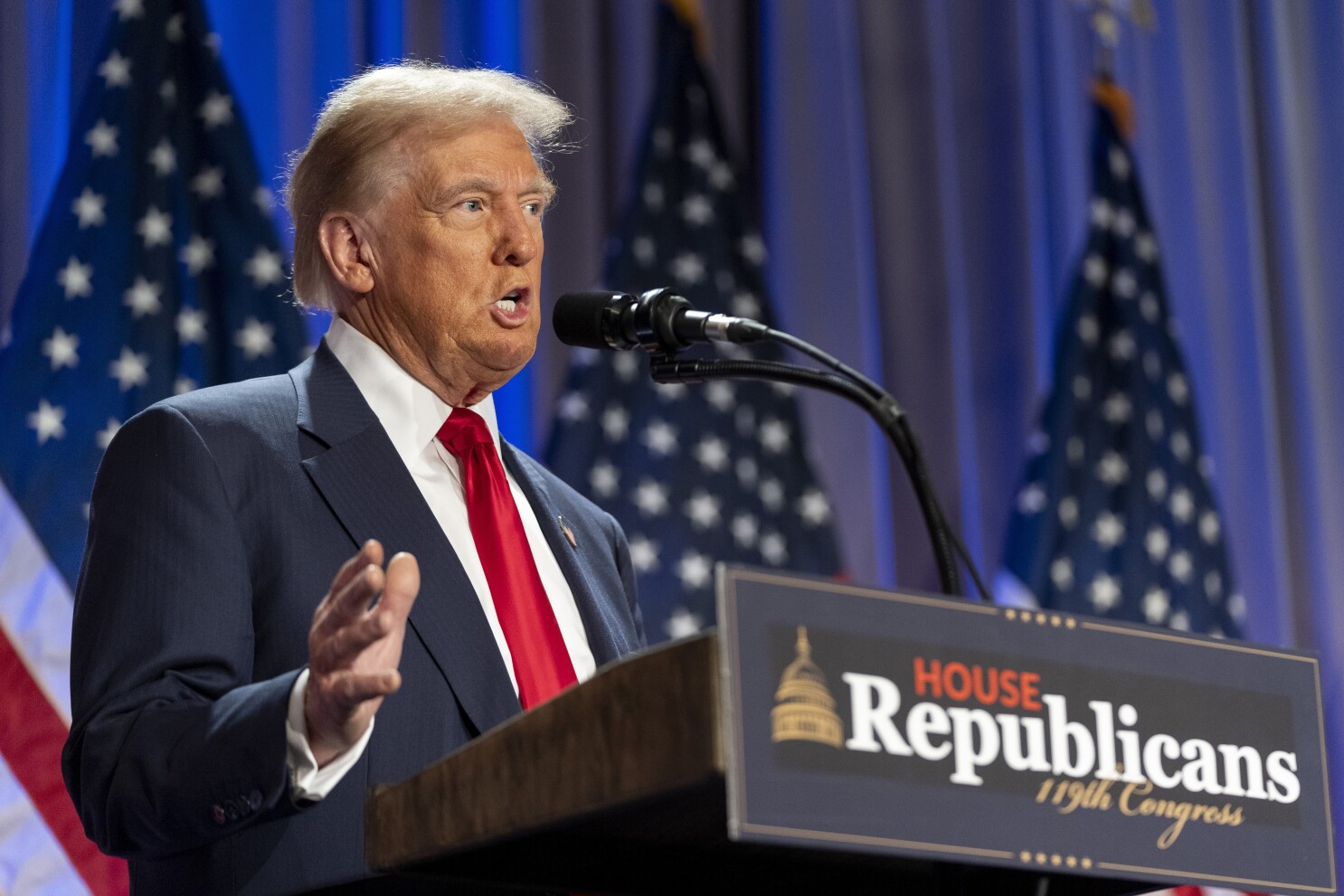US tariff threats: Real or fake?
One of the big early questions for 2025 is whether president elect Trump will introduce the tariffs that he threatened during the election campaign. We see some, but not all.

By way of recap, president-elect Trump stated during the election campaign that he would levy global tariffs of between ten and twenty percent, with a special rate of sixty percent on China. Since then, economists, investors, and policymakers have grappled with both the probability of such action and its likely implications.
For instance, a marked rise in the FOMC’s inflation forecast for next year, plus a rise in the uncertainty that members ascribe to the forecast surely reflects the fact that members are trying to take account of possible tariffs. These are very important considerations, arguably more so for countries that could be hit by tariffs than the US. Unsurprisingly, the prescriptions are pretty lousy, with the US likely to experience higher inflation and weaker growth while the rest of the world faces the added difficulty of a stronger dollar.
In short, nobody is a winner, whatever Trump’s protestations to the contrary. But will the worst happen? Or will Trump never actually increase tariffs in the way suggested but simply use them as a threat to beat trade and other concessions out of other countries? The early indications are that it might be the latter given that he has threatened Mexico and Canada with tariffs if they do not control the movement of people and drugs across the border and also threatened Europe with tariffs if countries do not buy more US oil and gas.
In theory, at least, these might be relatively easy conditions to meet. Don’t forget that Trump’s modus operandi during his first term was often to threaten tariffs and then claim that these threats produced big wins for the US, so obviating the need for punitive trade action. However, what we also know from the first term is that these were not always idle threats. In some instances, tariffs were introduced without any scope for exporters to the US to avoid punishment.
While, in the case of China, Trump still introduced tariffs in 2018 in spite of undertaking a consultation period first and despite China’s agreement to buy an additional USD 200 billion of US exports in the two years to 2021, a target it hopelessly missed. In fact, it is fair to say that China bought none of the additional US exports that it had promised. Putting all this together, what does it say about the likelihood of tariffs, possibly as soon as Trump is inaugurated?
Steven Barrow, Head of Standard Bank G10 Strategy, thinks the outlook is mixed. He suspected that a blanket tariff of 10 or 20% on all imports would be unlikely. “As we have said before, such action does not appear to be within the president’s prerogative; he has to get Congressional support, and we are not sure that this will be forthcoming. In addition, a blanket tariff is out of keeping with the central tenet of Trump’s tariffs, which is to draw concessions out of other countries. Tariffs will raise revenue, but it hardly scrapes the surface in terms of the huge budget deficit, and hence are poor justification," said Steven Barrow.
Steven Barrow also thinks that tariffs are unlikely in cases where countries are able to prove that they are bowing to Trump’s demands. It should not be too hard for Mexico and Canada to toughen up the border or for Europe to buy more US oil. The difficult one is China for a number of reasons. One is that China is seen as a threat for reasons outside of trade. Another is that tariffs on China have continued since Trump left office, and hence there’s already an appetite for action. And lastly, China showed in 2020/21 that it was unable or unwilling to meet Trump’s tariff-related demands. In short, even if Trump tries to draw concessions out of China first, they will forestall extra tariffs.








